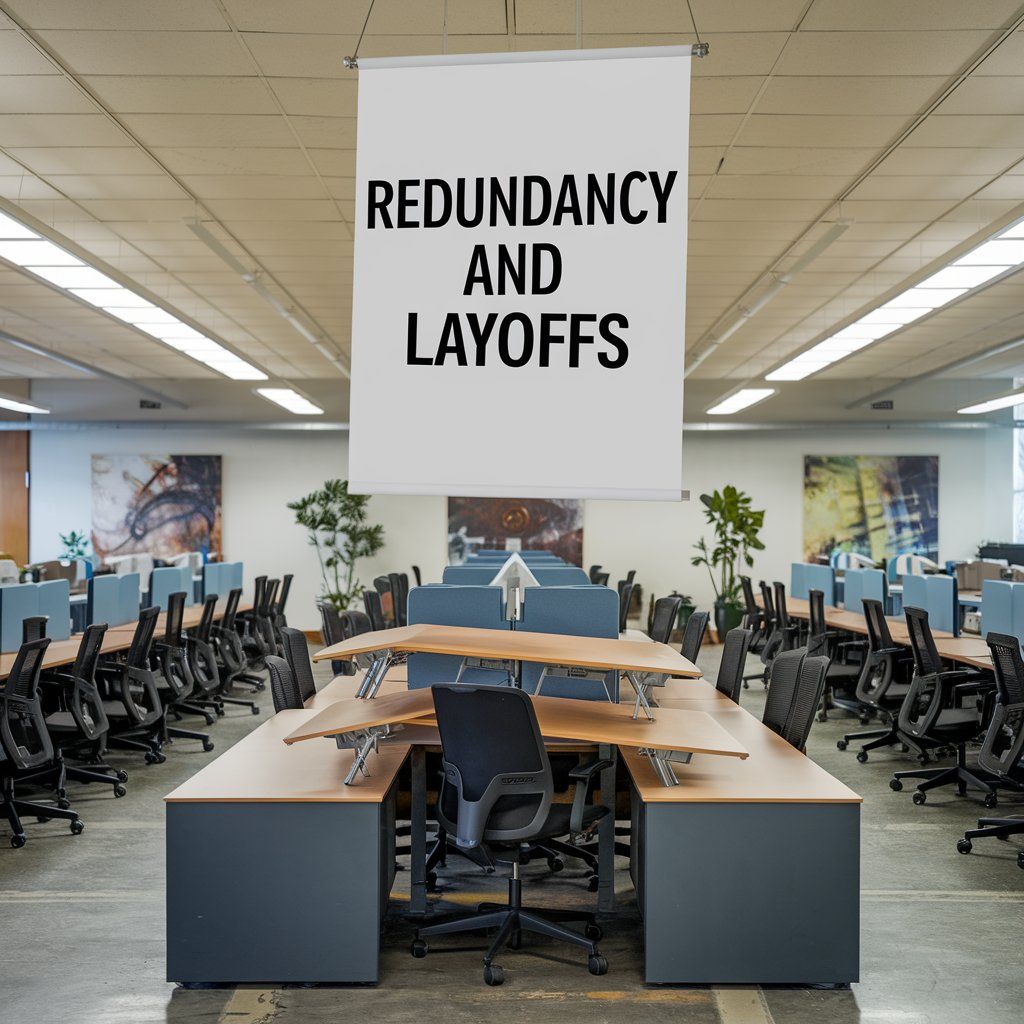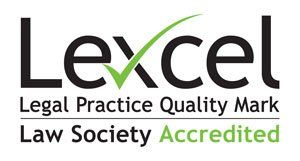How Mediation Can Save You Time and Money During a Divorce or Separation
Divorce and separation can be emotionally draining and time-consuming. Traditional methods of resolution, such as court proceedings, often lead to prolonged conflicts and increased costs. However, mediation offers a more efficient and cost-effective alternative. Mediation can help separated couples manage arrangements concerning their children and address financial issues arising from separation. Additionally, there is legal aid available (if eligible), along with a £500 voucher to assist with the mediation process where child arrangements are discussed.
In this blog, we’ll explore how mediation can save you time and money, making the process smoother for everyone involved.
What is Mediation?
Mediation is a voluntary process where a neutral third party, known as a mediator, helps individuals in conflict reach an agreement. The mediator facilitates discussions between the parties, guiding them to express their views and work towards a mutually acceptable solution. Unlike court proceedings, mediation is less formal and focuses on collaboration rather than confrontation.
The mediator does not make decisions for the parties but helps them explore options and find common ground. This process can be particularly beneficial for separated couples, as it allows them to manage arrangements for their children and address financial issues in a constructive environment.
Time-Saving Benefits of Mediation
One of the most significant advantages of mediation is the time it can save. Traditional court proceedings can take months or even years to resolve, leading to prolonged stress and uncertainty. In contrast, mediation sessions can often be scheduled quickly, allowing parties to address their issues in a timely manner.
Typically, mediation can be completed in a few sessions, often within weeks, depending on the complexity of the issues. This expedited process not only reduces the time spent in conflict but also allows families to move forward more quickly, especially when children are involved.
Cost-Effective Solutions
Mediation is generally more cost-effective than litigation. Legal fees associated with court proceedings can quickly add up, leading to significant financial strain. In contrast, mediation typically involves lower costs, as it requires fewer sessions and less formal legal representation.
Additionally, the availability of legal aid (if eligible) and the £500 voucher for mediation can further alleviate financial burdens. The £500 funding is non-means tested, meaning that anyone can access it as long as discussions for child arrangements are required. These make mediation an even more attractive option for families facing divorce or separation.
Flexibility and Control
Mediation offers a level of flexibility that traditional court processes cannot match. Parties can choose the time, place, and pace of their mediation sessions, allowing them to work around their schedules and commitments. This flexibility can be particularly beneficial for separated couples who may have busy lives or work commitments.
Moreover, mediation empowers individuals by giving them more control over the outcome. Instead of having a judge make decisions for them, parties can collaboratively develop solutions that work best for their unique situations, especially regarding arrangements for their children.
Confidentiality and Privacy
Confidentiality is a key feature of mediation. mediation sessions are private, allowing parties to discuss sensitive issues without fear of public scrutiny. This confidentiality encourages open and honest communication, which can lead to more effective resolutions.
The private nature of mediation can also help preserve relationships, making it easier for separated couples to co-parent effectively and maintain a civil relationship moving forward.
Support for Separated Couples
Mediation is particularly beneficial for separated couples as it provides a structured environment to manage arrangements for children and address financial issues arising from divorce or separation. By facilitating discussions about parenting plans, child support, and asset division, mediation helps couples reach agreements that are in the best interests of their children.
With the added support of legal aid and the £500 voucher for mediation, couples can access these services without the financial strain often associated with legal disputes. This support makes mediation a viable and attractive option for families looking to resolve their differences amicably.
Conclusion
In conclusion, mediation offers a time-saving and cost-effective solution for resolving issues related to divorce or separation. By providing a collaborative environment, mediation allows separated couples to manage arrangements for their children and address financial issues without the stress and expense of court proceedings. With the availability of legal aid (if eligible) and the £500 voucher, mediation is more accessible than ever.
Consider mediation as a viable option for your divorce or separation, and take the first step towards a smoother resolution.
How can we help?
If you’re facing divorce or separation and would like to explore mediation options, don’t hesitate to reach out to our dedicated Family team at Pinkney Grunwells Lawyers. We are here to help you navigate your legal needs with care and understanding. Contact us today to learn more about how mediation can benefit you.


Want more information?




